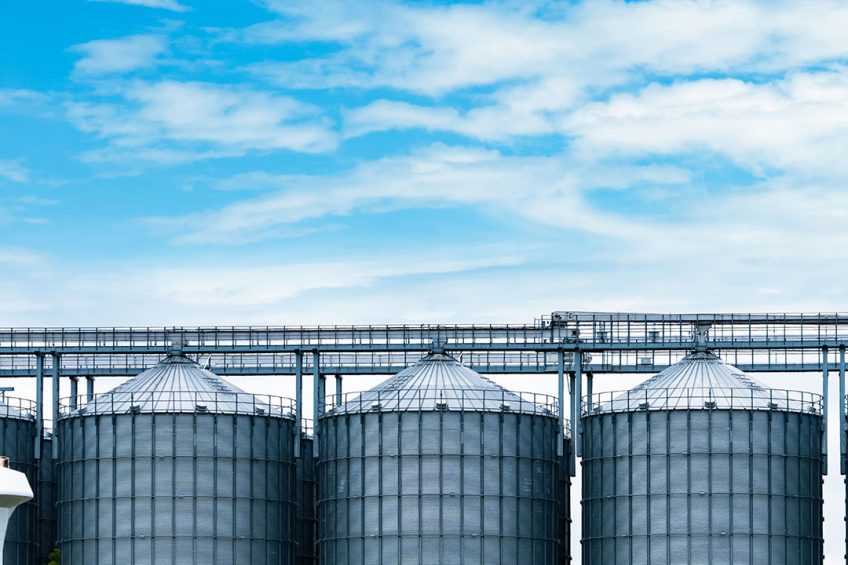Lack of feed pushes Iranian farmers to mass culling

Western sanctions, currency devaluation, and draught have driven the Iranian feed industry to an unprecedented crisis, threatening the country with a food shortage in the next few months.
The Iranian government keeps adhering to the price-constraining policy on the domestic livestock market. This policy includes purchasing chicken from all farmers at fixed prices and distributing feedstuff among farmers and feed mills at guaranteed prices. The second part of this policy, however, was not functioning well recently.
Farmers declare bankruptcy
Mojtaba Aali, CEO of the National Union of Livestock Breeders, said: “The feedstuff either does not reach farmers or reach farmers too late, forcing them to source feedstuff on the open market. When farmers began buying grain on the open market, their costs skyrocket.” Numerous farmers declared bankruptcy, with many others are reportedly culling their animals, not willing to suffer losses.
Shortage of livestock expected
“This [policy] has led to the mass culling of livestock and rising meat supply in the market, but if this trend continues, we expect to see a severe shortage of livestock in the country in the next 3 to 6 months, and the market will undoubtedly become inflamed,” Aali warned.
The Iranian Ministry of Agricultural Jihad has been heavily criticized by farmers recently, who claim that in a rush to protect customers, the authorities cause a lot of harm to agricultural businesses.
“If the government wants to continue to buy chicken at the same price, it must deliver feedstuff on time and cheaper to poultry farmers so that we do not see the bankruptcy of producers,” agreed Habib Asada Nejad, one of the local farmers.
No money, no feed
Things have deteriorated during the past few months, as the Iranian government took a controversial decision to save foreign currency. Currently, there are 3 million tonnes of grain stuck at the customs clearance at seaports since the Iranian authorities fail to pay their bills.
Stopped buying covid vaccines
The decision to suspend spending currency on imports impacted a broad range of goods. The currency shortage appeared so bad that even imports of Covid medications and other drugs were suspended, which is projected to cause a surge in mortality rates in the Iranian hospitals in the next few months.
Alireza Zali, head of the Covid taskforce in the Iranian government, admitted that the country has even stopped buying vaccines against Covid-19.
Exchange rate impacts foreign expenditures
Moreover, the US dollar has recently risen to 275,000 rials in Tehran’s exchange market, reaching its highest point in 2021. Farmers are afraid that this would drive authorities to further cut down on their foreign expenditures, making the feedstuff shortage even tighter.











